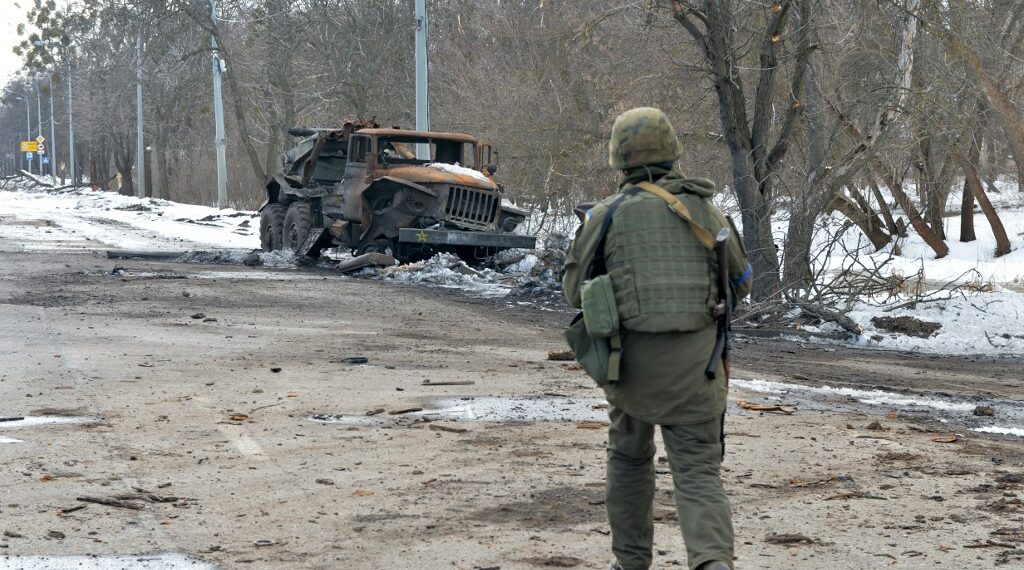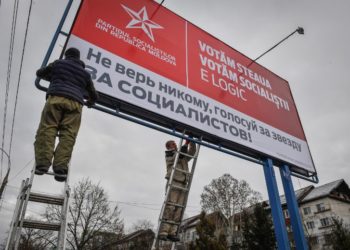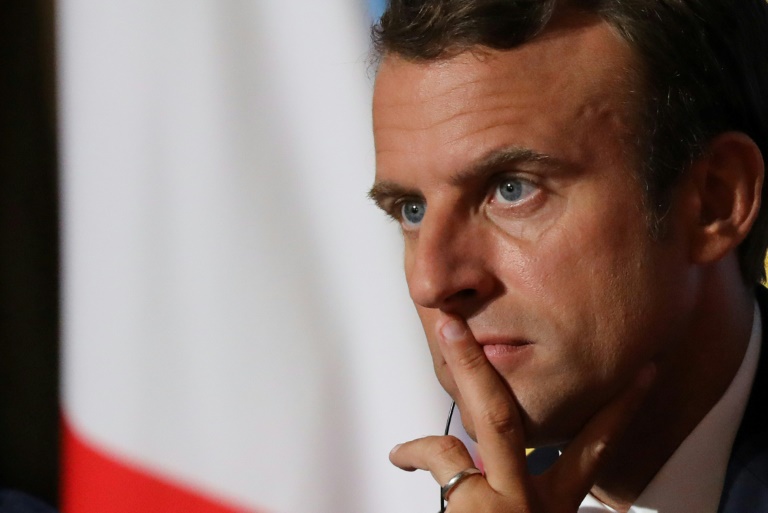NATO chief Jens Stoltenberg said Monday the West has “no alternative” but to keep backing Ukraine’s fight against Russia, in the face of doubts over US support to Kyiv.
“It very often happens in wars that when people realise that this may last a long time of course, that is demanding, that is difficult,” Stoltenberg told AFP in an interview at NATO’s headquarters in Brussels.
“We don’t have any alternative. The alternative, to let President Putin win, is a tragedy for Ukraine and is dangerous for us.”
The United States has provided over $40 billion in security aid to Ukraine since Russia’s invasion and pledged to back Kyiv for as long as it takes. But opposition from hardline Republicans has thrown into question the future of US assistance.
“Despite the difficulties, despite the lack of progress or achievements or territorial gains, we need to continue to support Ukraine,” Stoltenberg said.
“We have a responsibility as political leaders but also as individual citizens in our countries to stand up for Ukraine.”
Stoltenberg pushed back at fears that the failure by Ukrainian forces to make a breakthrough and doubts over Western commitment fueled a belief in the Kremlin that it could score a victory over the long-term.
“Putin has not achieved what he wanted in Ukraine,” he said.
“The war in Ukraine is a big strategic mistake and defeat for Putin.”
The alliance chief refused to speculate on whether Ukraine could be granted membership to NATO if it agreed to cede some of its occupied territory to Russia.
“That will just be interpreted as in a way starting some kind of negotiations on behalf of Ukraine and I won’t do that,” the former Norwegian prime minister said.
“It’s for Ukraine to decide what kind of conditions they are willing to accept, it’s our responsibility to support Ukraine and that’s exactly what we’re doing.”
Stoltenberg is widely expected to leave his post next year after a decade at the helm that has seen full-scale war return to Europe and NATO’s disastrous exit from Afghanistan.
“It’s not for me provide an assessment of my own achievements in NATO,” he said.
Sweden’s Membership
By way of successes during his time at the helm, he pointed to new troops deployed on the alliance’s eastern flank, increased defence spending and the acceptance of new members.
“Since 2014, we have been able to implement the biggest reinforcement of NATO in a generation,” he said.
On one key outstanding priority — Sweden joining NATO — Stoltenberg said he wanted to see Turkey moving faster with the ratification process.
He said any possible sale of Eurofighter jets to Ankara was “not part of the agreement” struck with Turkish President Recep Tayyip Erdogan at a July summit to try to clear the path for Stockholm’s membership.
In terms of a potential successor, he hailed outgoing Dutch Prime Minister Mark Rutte as a “friend and good colleague.”
“He is a capable politician with a lot of experience as prime minister but it’s not for me to decide who’s going to be my successor,” Stoltenberg said.
Whoever his replacement ends up being, they may find themselves dealing with volatile former US president Donald Trump back in office.
Trump reportedly mulled pulling key power the United States out of NATO and Stoltenberg won praise for talking him down.
Stoltenberg refused to be drawn specifically on how his successor should handle Trump — but said NATO succeeded in bringing together diverse interests.
“We are different and there will be different leaders elected in the future,” he said.
“But I am confident that we’ll still be able to unite around our core task to protect each other.”
























